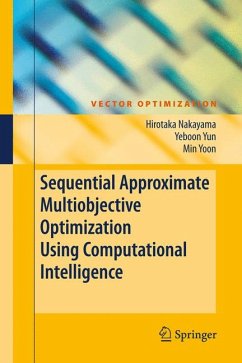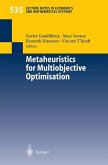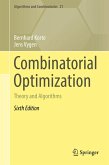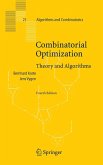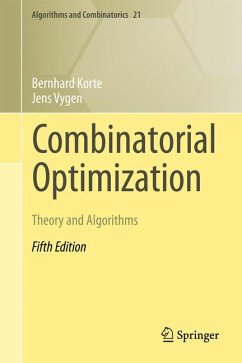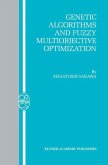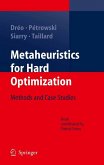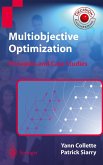This book highlights a new direction of multiobjective optimzation, which has never been treated in previous publications. When the function form of objective functions is not known explicitly as encountered in many practical problems, sequential approximate optimization based on metamodels is an effective tool from a practical viewpoint. Several sophisticated methods for sequential approximate multiobjective optimization using computational intelligence are introduced along with real applications, mainly engineering problems, in this book.
Dieser Download kann aus rechtlichen Gründen nur mit Rechnungsadresse in A, B, BG, CY, CZ, D, DK, EW, E, FIN, F, GR, HR, H, IRL, I, LT, L, LR, M, NL, PL, P, R, S, SLO, SK ausgeliefert werden.
Hinweis: Dieser Artikel kann nur an eine deutsche Lieferadresse ausgeliefert werden.

